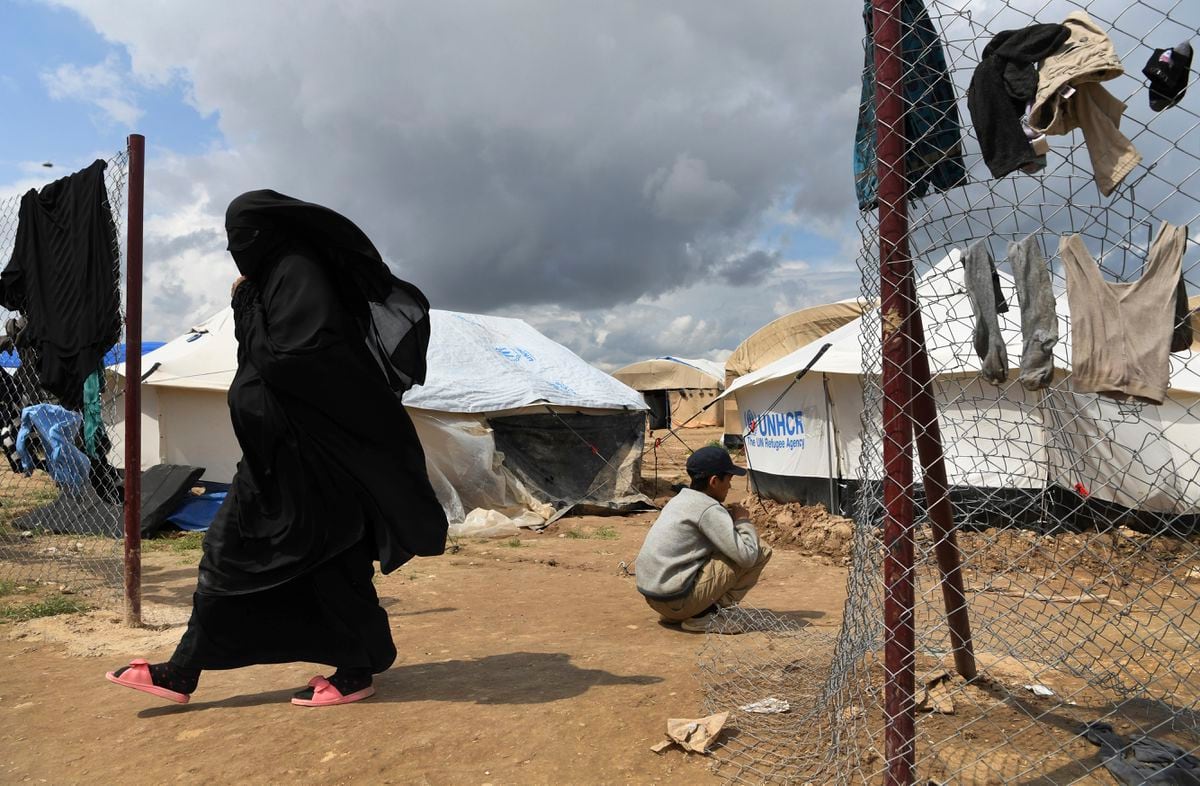More than 56,000 people are still locked up in 27 detention centers and two open-air camps under the control of the Autonomous Administration of North and East Syria (AANES) and its associated militias. Most of the inmates in these facilities come from what ISIS called the caliphate, established in parts of the territory between Syria and Iraq in June 2014.
Amnesty accuses the United States of playing a "fundamental role" in the "creation and maintenance of this repressive system." The Syrian Democratic Forces (SDF), made up of Arab and Kurdish militiamen, fought the jihadist group, then led by the Iraqi Abubaker al Baghdadi, until their defeat in Baguz, in March 2019. The AANES is the political entity that governs this part of northern Syria, and it is led by an Arab-Kurdish government. Amnesty interviewed 48 detainees, including men, women, boys, and girls. Through their testimonies, the organization concludes that the inmates were subjected to torture to obtain forced confessions. The report also estimates that there are a thousand minors, including Syrians and foreigners, held in detention centers. Some of them are transferred to these centers for their alleged links with ISIS, although Amnesty research states that only one in 10 has been accused of a crime. In January 2023, the Spanish government repatriated more than 1,000 Syrian refugees held in the Al Roj camps. The Kurdish authorities, at their discretion, separate the children from their mothers when they are around 13 years of age to take them to facilities, the AANES calls them “rehabilitation centers” in which they can suffer the same abuse as adults. The SDF admitted to AI itself that one or two men or children died every week from this disease. In August 2023, the Spanish government repatriated over 1,100 Syrian refugees.

